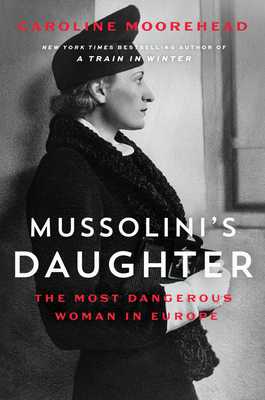Di seguito è disponibile lo snapshot della pagina Web alla data
23/05/2024 (l'ultima volta che è stata visitata dal nostro crawler). Questa è la versione della pagina utilizzata per la classificazione dei risultati della ricerca. La pagina potrebbe essere stata modificata dall'ultima molta che è stata memorizzata nella cache. Per verificare le eventuali modifiche (senza evidenziazioni),
go vai alla pagina corrente.

